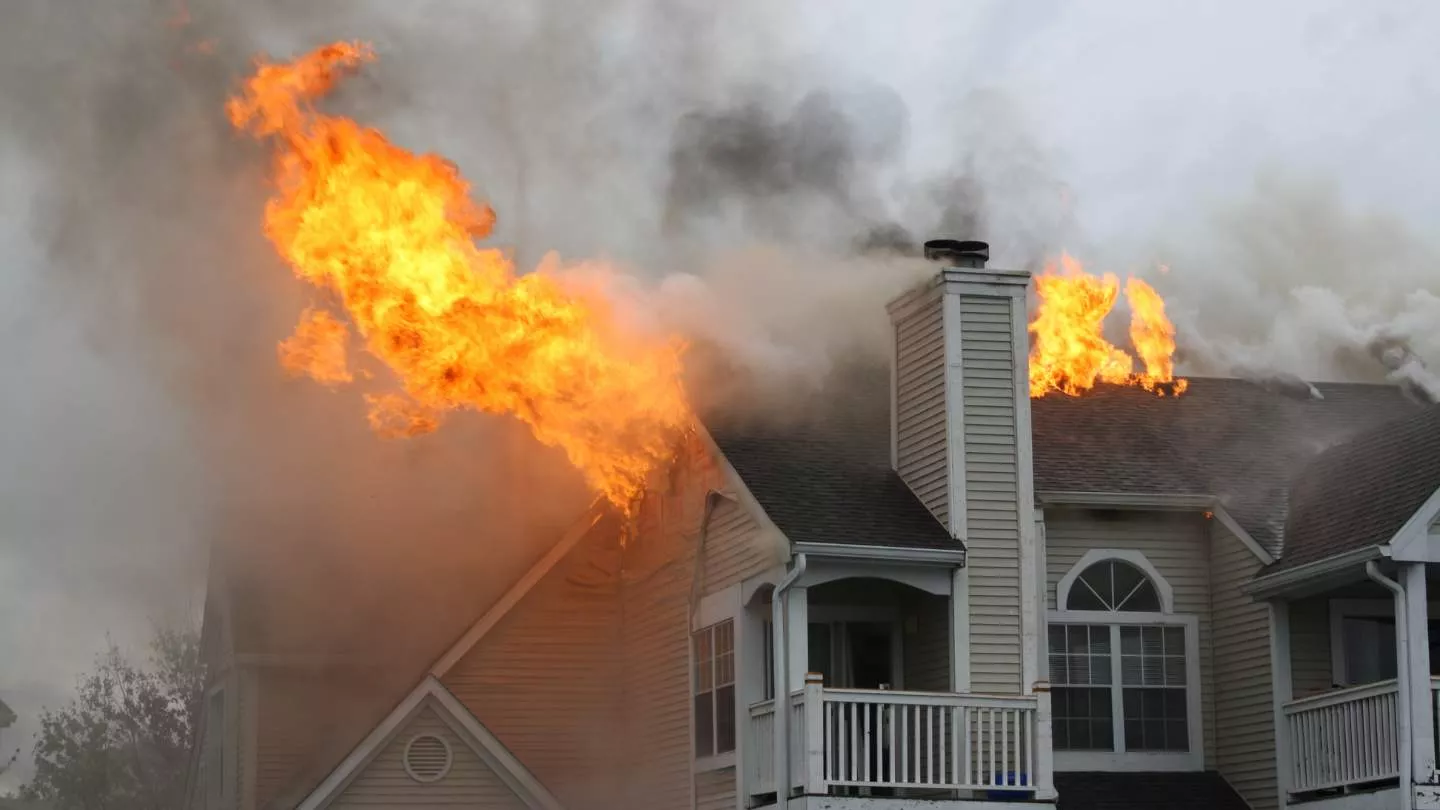Share Agent Blog
15 Jan 2025
The recent fires in Los Angeles have left a trail of destruction, affecting homeowners, renters, and businesses. Whether you're an individual seeking guidance or an insurance agent working to support clients, understanding how to handle the aftermath and prepare for potential risks is vital.
This guide offers actionable steps for both clients and agents to navigate fire-related challenges and build a foundation for recovery and future protection.
Avoid Scams After a Fire
In the wake of a disaster, opportunists often emerge, exploiting the stress and vulnerability of affected individuals. Being vigilant can save both money and peace of mind. Here’s how clients and agents can address this issue:
For Clients:
Verify Service Providers:
Always ask for identification, credentials, and licenses from contractors or companies offering repair or recovery services.
Check with local business bureaus, online reviews, or community forums to confirm the legitimacy and reputation of the provider.
Be cautious of unsolicited offers or door-to-door contractors, especially those requiring upfront payments.
Think Before Signing Contracts:
Avoid signing any agreements without thoroughly reading and understanding the terms.
Consult with a trusted attorney, insurance agent, or advisor before committing to any service.
Watch out for contracts with vague terms, hidden fees, or clauses that waive your rights to legal recourse.
Beware of Pressure Tactics:
Scammers often use urgency to manipulate victims. If someone pressures you into immediate decisions, take a step back.
Trust your instincts; if something feels off, it probably is.
Report Suspicious Activity:
Document interactions with potential scammers, including names, contact information, and details of the encounter.
Report suspected scams to local law enforcement, the Better Business Bureau (BBB), or state consumer protection agencies.
Protect Personal Information:
Do not share sensitive information, such as Social Security numbers or insurance policy details, with unverified individuals.
For Agents:
Educate Clients About Scams:
Provide clients with informational materials on common post-disaster scams. Topics can include fraudulent contractors, fake charities, and predatory loans.
Share examples of red flags, such as contractors demanding upfront payments or refusing to provide written estimates.
Offer Regular Updates:
Stay informed about new scams circulating in fire-affected areas and share these updates with your clients through emails, social media, or phone calls.
Be a Trusted Resource:
Encourage clients to consult you if they are uncertain about a service provider or suspect fraudulent activity.
Offer guidance on verifying credentials, understanding contracts, and knowing their rights as policyholders.
Partner with Reputable Local Contractors:
Build relationships with legitimate contractors, restoration companies, and public adjusters. Provide clients with a list of vetted professionals they can trust.
Report Patterns of Scams:
If you notice patterns or specific fraudulent practices targeting clients in your area, alert local authorities and professional organizations.
By staying alert and informed, clients can avoid falling victim to scams, and agents can strengthen their role as trusted advisors during challenging times. This proactive approach fosters trust and ensures smoother recovery for all involved.
Steps to Take After Fire Loss
Recovering from a fire can be overwhelming. Here's what to focus on:
For Clients:
Document the damage: Take detailed photos and videos of the impacted property and belongings.
File your claim promptly: Contact your insurance provider to initiate the claims process and maintain records of communication.
Secure temporary housing: Check if your policy includes Additional Living Expense (ALE) coverage.
Prevent further damage: Clear debris, keep the surroundings moist, and ensure your roof is free of leaves or materials that could spark another fire.
For Agents:
Guide clients through the claims process, helping them understand documentation requirements and coverage details.
Offer support for temporary housing or other covered expenses.
Share fire mitigation tips to help clients avoid further losses.
Preparing for Post-Fire Risks: Flooding
With vegetation burned away, the risk of flooding increases in fire-affected areas, as the soil can no longer absorb rainfall effectively.
For Clients:
Secure flood insurance: Act now to ensure protection, as most policies have a 30-day waiting period.
Assess your risk: Use FEMA flood maps and local resources to understand your vulnerability to flooding.
Prepare your property: Install barriers, clear drains, and take proactive steps to mitigate flood damage.
For Agents:
Educate clients about the link between fires and subsequent flooding risks.
Proactively recommend flood insurance to affected clients, highlighting the urgency due to waiting periods.
Share tools and resources to help clients assess and reduce their flood risk.
What to Do If Insurance Policies Are Dropped
Insurance companies may reevaluate risk levels after large-scale disasters, potentially dropping policies in high-risk areas.
For Clients:
Explore alternatives: Look into state-supported plans like the FAIR Plan or other insurers specializing in high-risk coverage.
Appeal cancellations: Contact your insurer to understand cancellation reasons and discuss possible solutions.
Reassess coverage needs: Ensure your policy meets current and future risks, including fire and flood protection.
For Agents:
Assist clients in finding alternative coverage options.
Advocate on their behalf with their current insurer to maintain or reinstate policies.
Reevaluate clients' coverage to address emerging risks comprehensively.
Working Together for Resilience
For Clients:
Your safety and recovery are the top priorities. Take proactive steps to protect your property, document losses, and secure appropriate insurance coverage for future risks.
For Agents:
Your guidance and support are invaluable to clients during this challenging time. By staying informed and proactive, you can help clients rebuild their lives and prepare for potential risks.
A Shared Goal: Recovery and Protection
Whether you're an individual recovering from fire loss or an insurance agent supporting your community, collaboration and preparation are key. Together, we can navigate challenges, rebuild lives, and ensure a safer future for everyone.
For more resources or to connect with trusted insurance professionals, visit IANearMe today.
